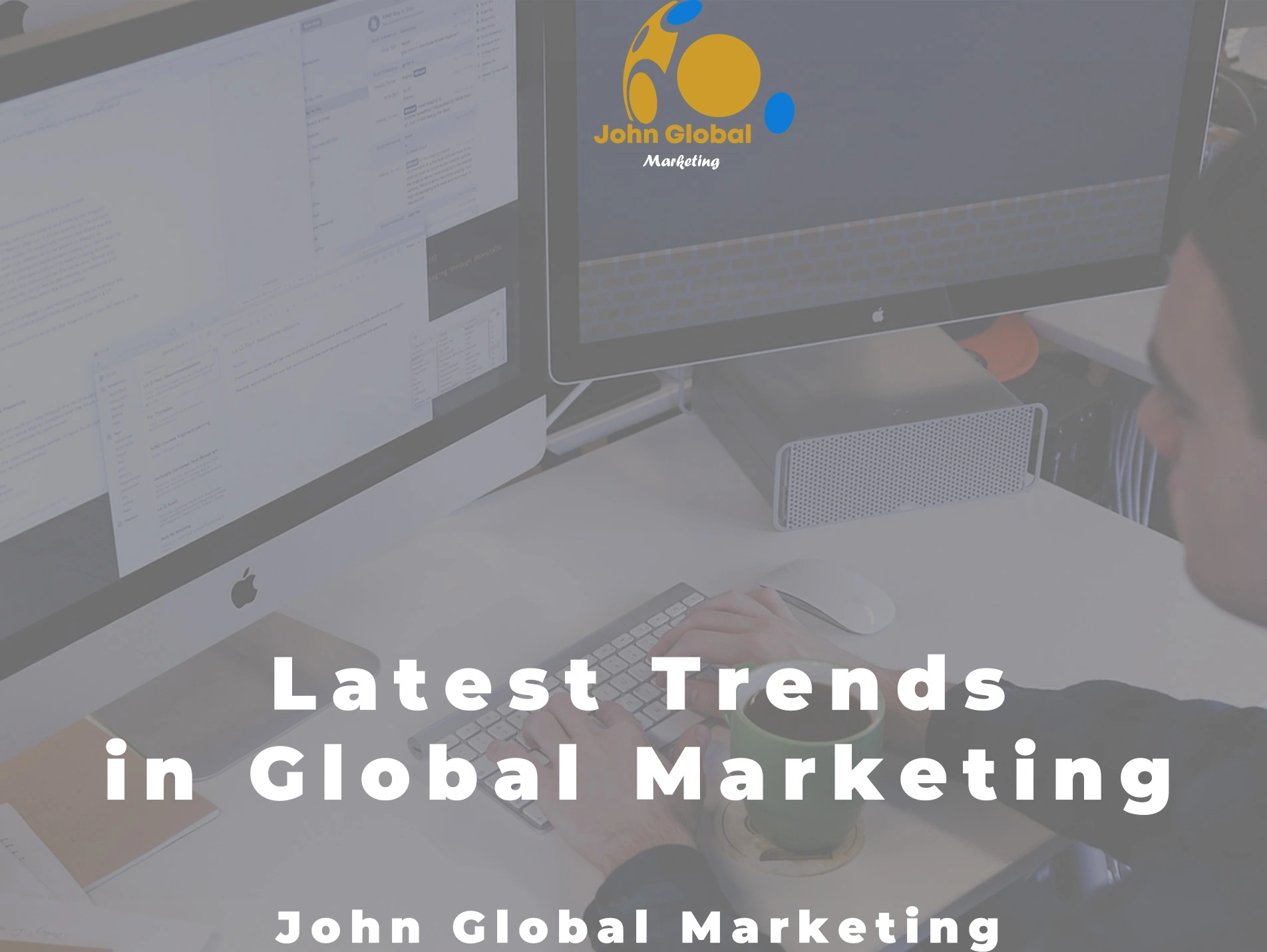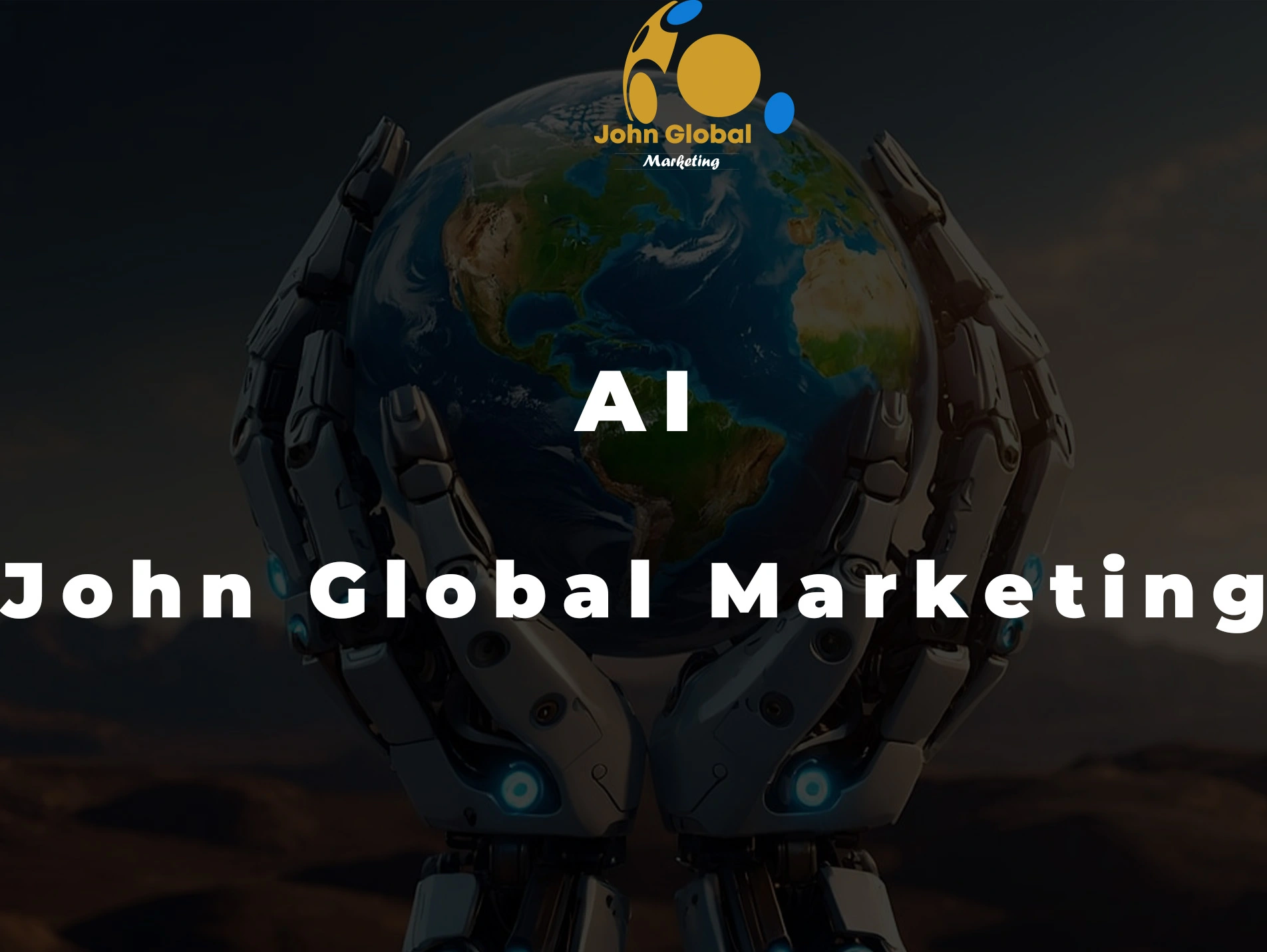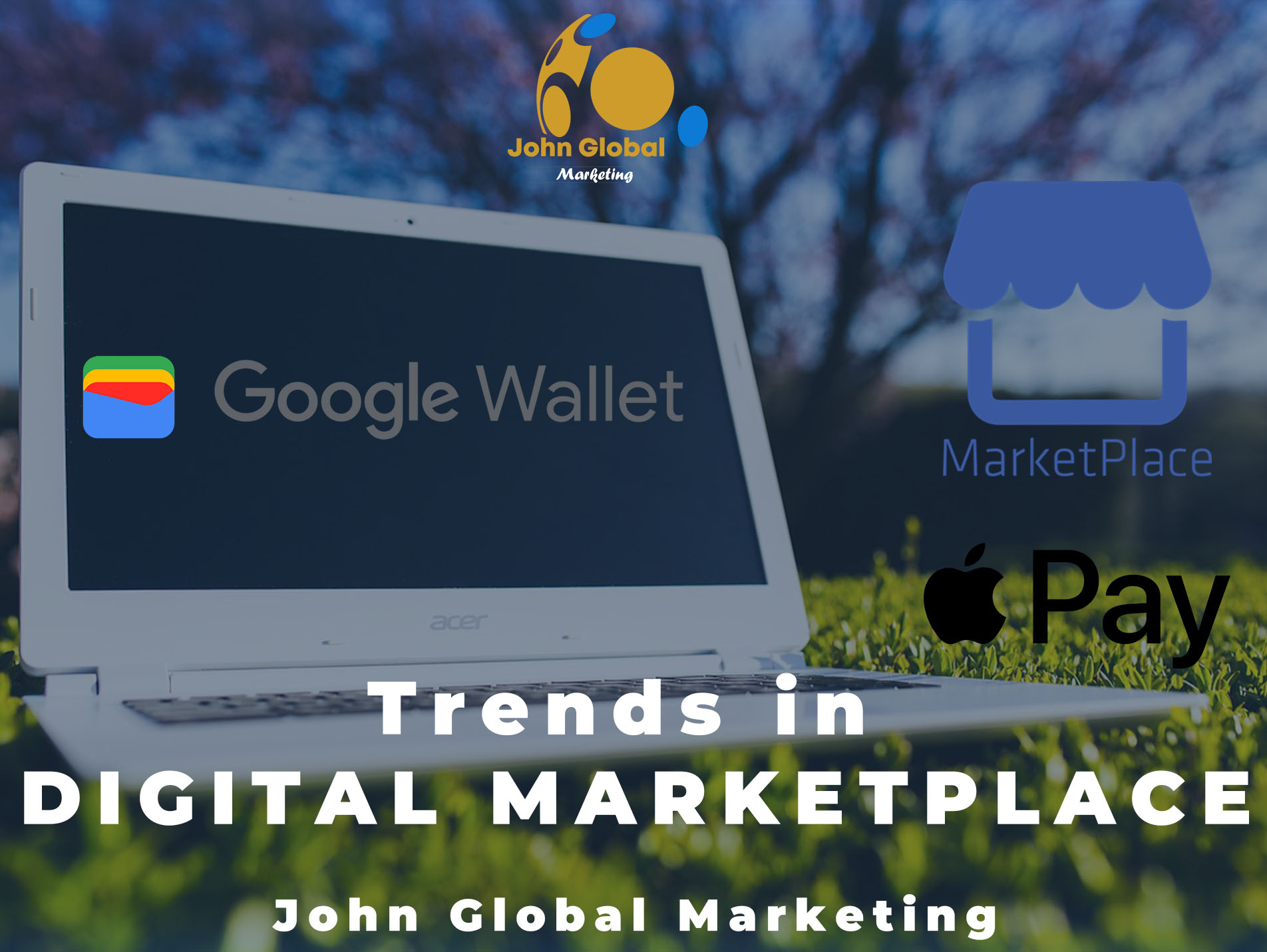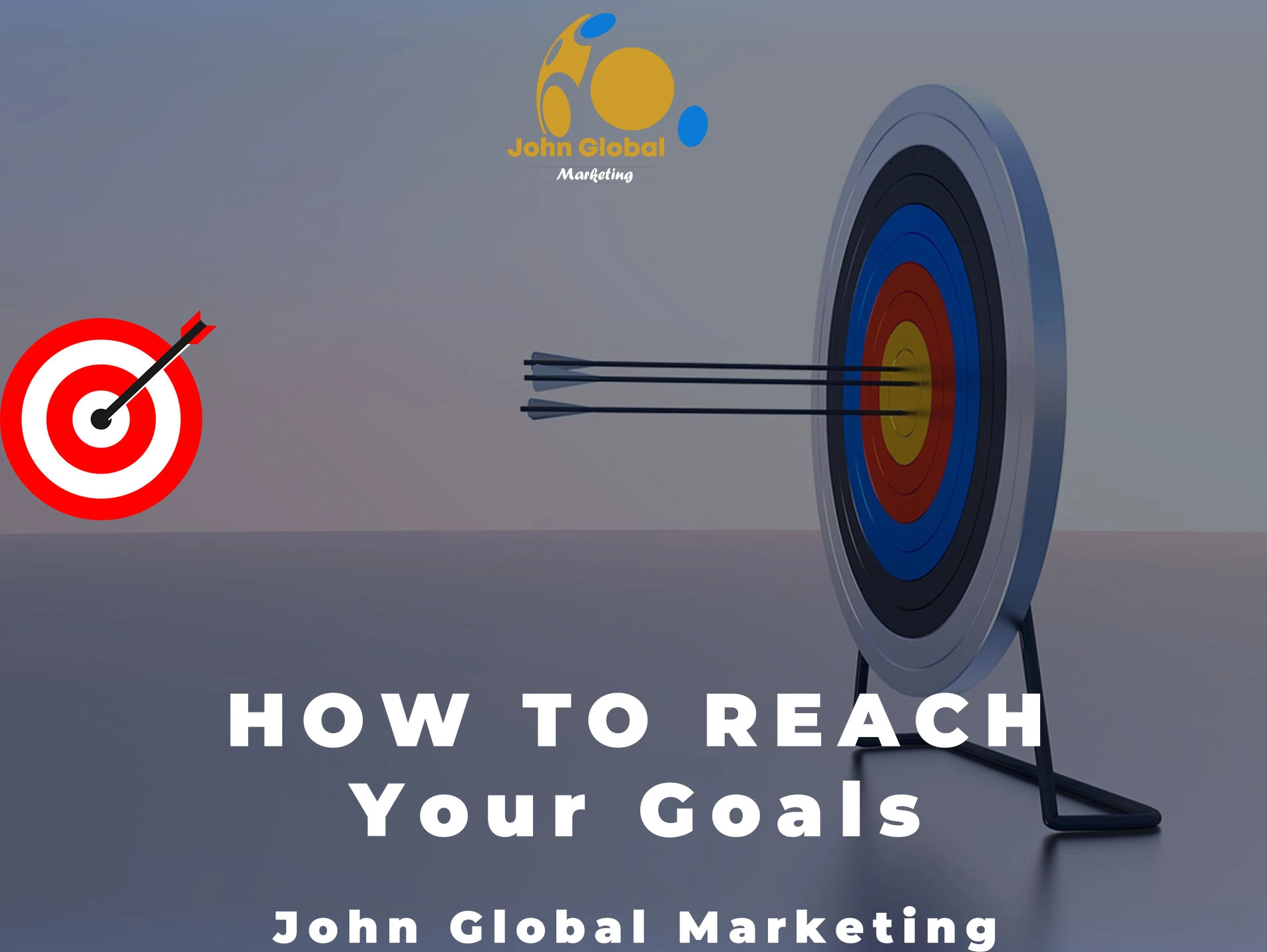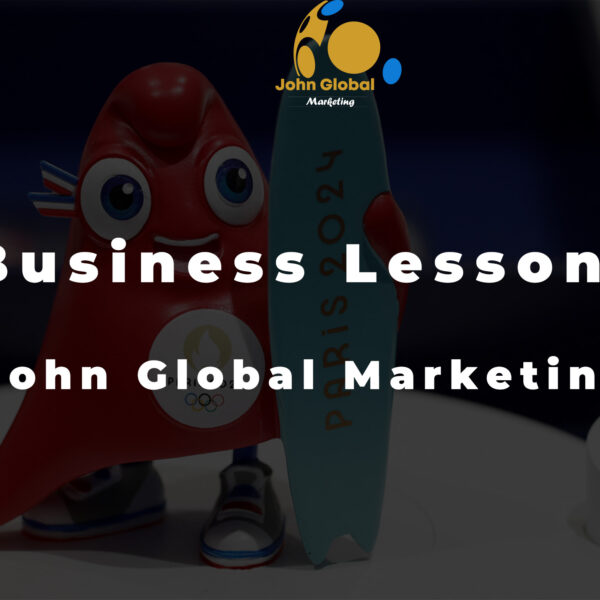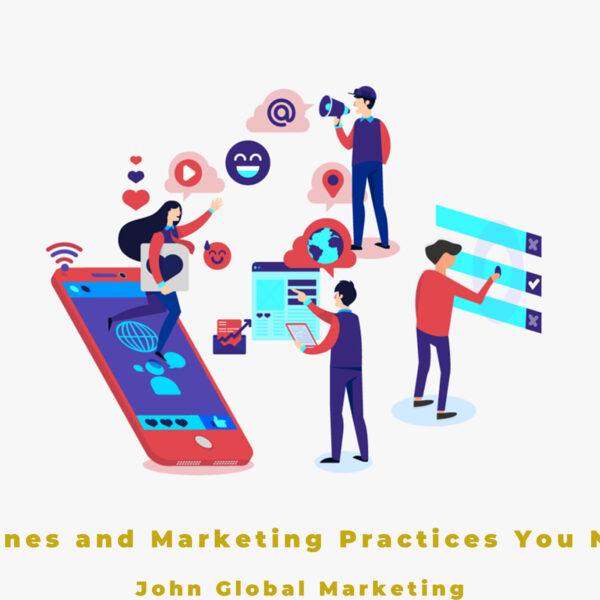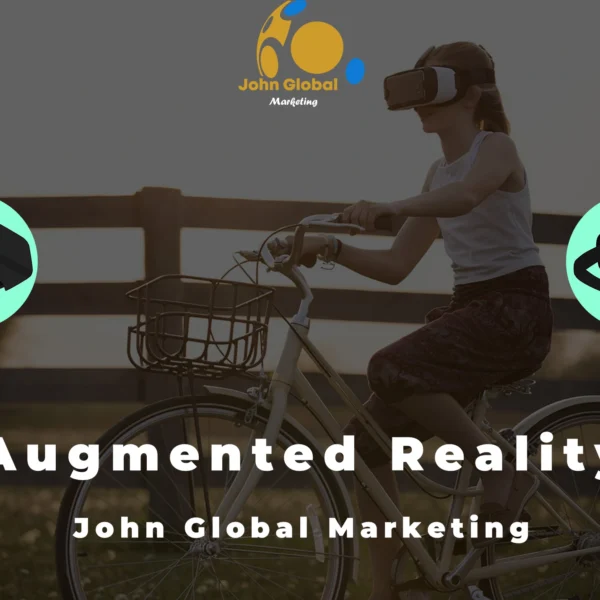Latest Global Marketing Experience You Need To Know
Introduction
Global marketing has always been a fast-moving area, but it seems that every other month, recently many more changes have taken place. For somebody now steeped in all of this, strategies, technologies, and consumer behaviors seem to change almost daily. Recently, I found myself working on some very exciting global campaigns that pushed what I thought I knew about marketing.
Not only are valuable lessons learned from these experiences, but they point to imperatives any individual should look at if they would like to succeed in today’s global business arena. Here is a view into my most recent experiences with global marketing, and the insights you absolutely must know:
Accepting the Power of Personalization
One of the most significant trends I’ve seen of late is this need for personalization in global marketing. In the old days, we would just run these campaigns that were very broad and general, designed to suit everybody. But today, that approach doesn’t cut it. Consumers globally expect to hear marketing messages tailored to their needs, preferences, and cultural contexts.
I have seen this coming into play as we worked on a campaign for a big tech brand that was about to launch their product in many varied markets. Pretty soon, we realized that a one-fits-all approach wouldn’t work, so we turned our attention to personalizing content for each of those markets to include local languages, cultural differences, and even regional humor.
The results were staggering—engagement rates went through the roof, and the campaign soared well beyond what we expected. This experience reiterated today’s meaningful capitalization lesson: about personalization not being optional; it’s a necessity.
Navigating the Challenges of Data Privacy
Another key shift that I have witnessed take place within global marketing is the increasing centralization of data protection. We, as marketers, have always employed data as a futuristic approach in trying to understand our audiences better and re-sharpen our strategies. However, with the coming into force of stringent regulations concerning data protection, such as GDPR in Europe, and similar laws globally, what has changed has been ways of treating consumer data—in big ways.
With the previous campaign that we ran with the European market targeted, I remember observing many of these regulations. This is not only talking about ticking boxes; this made us redefine how we approached data collection, data storage, and subsequently utilizing this data. This entailed working hand in hand with our in-house legal teams, coupled with transparent communication to the consumers about how their data would be used. What this experience taught me is that data privacy is not a legal requirement but is about trust. Responsible and transparent data-handling brands are going to win the loyalty of their customers, while those that do not will risk major reputation damage globally.

Harnessing AI and Automation in Global Campaigns
Marketing would never have been possible without technology. Most recent breakthroughs in the use of AI in concert with automation lie in such extent of the developed capabilities. Most recently, a campaign I was working on was integrated with AI-powered tools, enabling the analysis of massive amounts of data and automating the delivery of tailored content in some markets. That’s where we kicked in a real scaling effort—ahead of reach—otherwise impossible with human touch technology. For example, AI helped us to zone in on key customer segments across each market and automatically adapted our messaging to resonate with their preferences. Afterward, the job was taken by automation tools to deliver the nuanced content at just the right moment for maximum impact. The level of efficiency and exactness AI brought to this campaign was like I had never seen before. This experience made me realize that the adoption of AI and automation is not just to keep abreast of this trend; it’s to enable effective competition in a rapidly changing global marketplace.
Authentic Storytelling: Why Is It Important?
But with all the technology and all the rest that has come, one thing that hasn’t changed—perhaps it has become more important—is the power of real storytelling. In my latest global campaigns, I see how ever-more-attracted consumers are to those brands that tell real and relatable stories. They just want to know who you are, what you stand for, and why they even need to care.
On such a recent campaign, we teamed up with local influencers and creators who shared stories that resonated deep within their target audiences, rather than going for your average top-down approach in marketing. We empowered those local influencers instead of applying the usual top-down approach in marketing, creating content that genuinely felt personal. This showed just how our base relationships with our targets were so much stronger than usual, and the campaign came off as human and less forced. This experience reinforced the idea that, even in a world dominated by data and technology, human stories remain at the heart of effective global marketing.
Conclusion
As exciting as ever, global marketing today is more challenging and complex. Most recently, my experiences in embracing personalization, effectively managing data privacy, using AI, and focusing on authentic storytelling have bent the teachings of how I do marketing globally. These are not just ephemeral trends but deep shifts in how and with whom we engage around the world. Learn these same lessons as you embark on global marketing of your own; the space evolves with rapid speed, and adaptation and innovation are the hallmarks of success.

